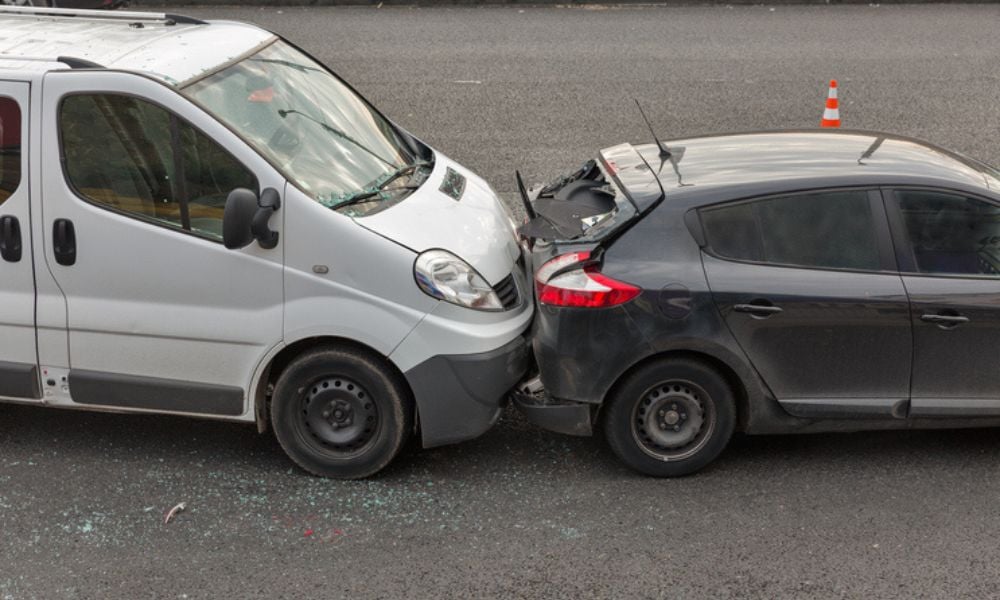The defendant had accepted legal responsibility for the crash

The Supreme Court of British Columbia has awarded damages to a plaintiff for injuries sustained during a rear-end motor vehicle collision.
The defendant had accepted liability for the crash, which allowed the court to focus on determining the appropriate compensation for the victim.
The case centred around a 50-year-old self-employed hairstylist who suffered considerable physical and mental injuries from the collision. Operating from her home in Rutland, British Columbia, the plaintiff had established a stable income that suffered a downturn after the incident. The court examined her financial documentation, noting discrepancies between her reported income and actual earnings, underscoring the collision's impact on her livelihood.
Before the collision, the plaintiff managed her long-standing anxiety and depression, which were exacerbated by previous traumatic incidents. Her lifestyle included regular chiropractic visits for physical ailments and yearly vacations to Mexico, all of which the collision disrupted.
The BC Supreme Court noted that the defendant's vehicle hitting the plaintiff’s SUV from behind led to severe ongoing physical and psychological issues for the plaintiff. Despite seeking medical help immediately after the accident, she reported continuous pain and a significant decline in her mental health, ultimately ceasing her hairstyling business in 2021.
The court analyzed the severity of the plaintiff's pre-collision health and how the accident affected her conditions moving forward. Employing the thin skull and crumbling skull doctrines, the court determined that the plaintiff's existing mental health issues did not diminish the defendant's responsibility for the worsened conditions post-collision.
Medical testimony confirmed that the plaintiff sustained soft tissue injuries from the collision, leading to a diagnosis of Somatic Symptom Disorder (SSD), among other conditions. The court dismissed the defence’s claim that the plaintiff's worsened condition in 2021 was unrelated to the collision, finding direct causation between the incident and the onset of SSD.
The court awarded comprehensive damages across several categories, including non-pecuniary damages, loss of earnings or earning capacity, and future care costs. These considerations took into account the plaintiff’s vulnerabilities before the collision, the extent of her suffering after the incident, and her need for ongoing care and treatment.
The court awarded non-pecuniary damages to compensate for the plaintiff's physical discomfort, emotional distress and reduced quality of life post-collision. The court meticulously calculated the loss of earnings and potential future income based on the plaintiff's actual earnings and her projected earnings had the collision not occurred.
Furthermore, the court allocated funds for future care to ensure the plaintiff received necessary medical and psychological support, emphasizing the goal of restoring the victim to her pre-accident condition as closely as possible.










